Stimulating book on importance of close relationships. Veterans miss the closeness they had and their problems in society are more to do with their solitary life after the military than with trauma.
Stimulating book on importance of close relationships. Veterans miss the closeness they had and their problems in society are more to do with their solitary life after the military than with trauma.
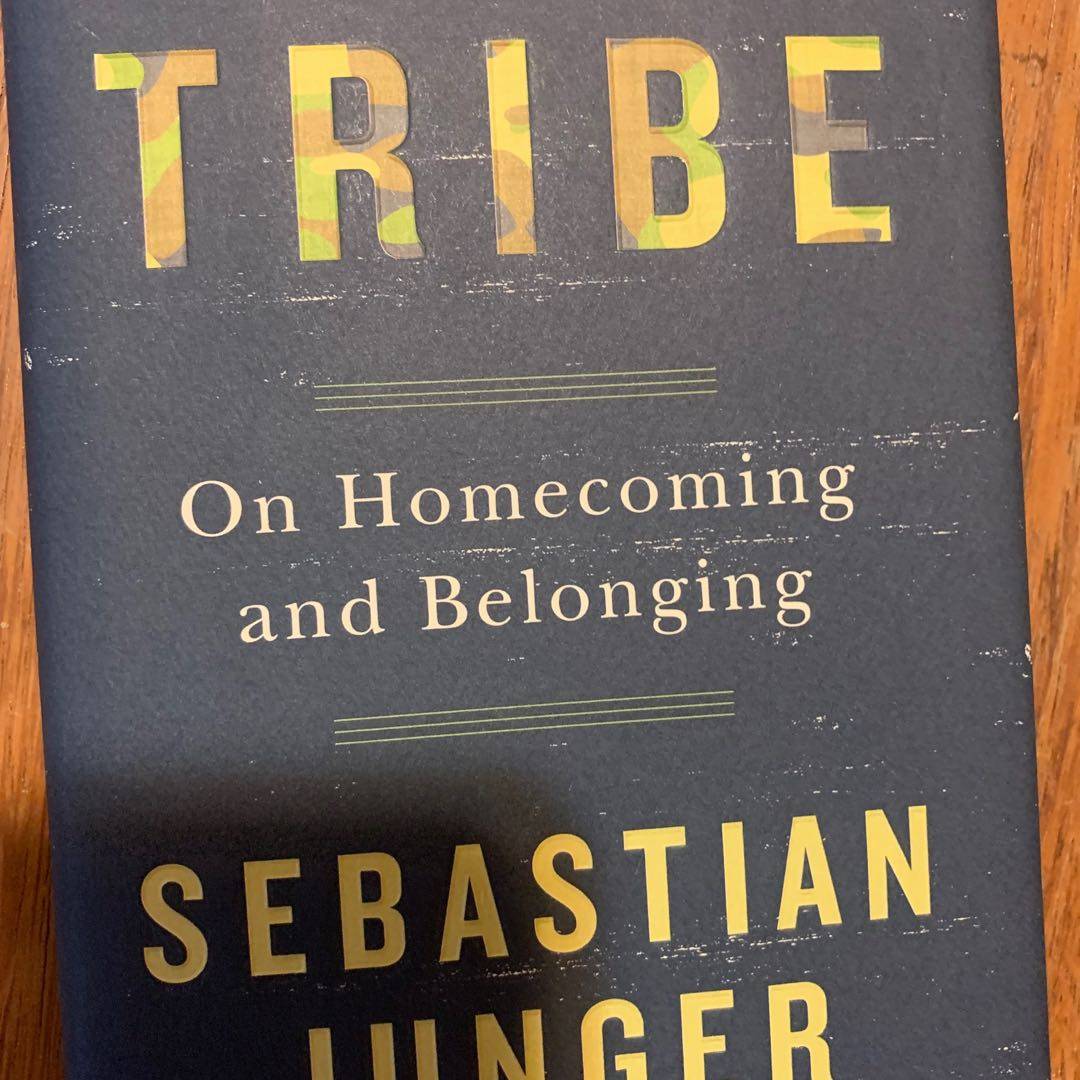
I have started this one. Looks interesting.
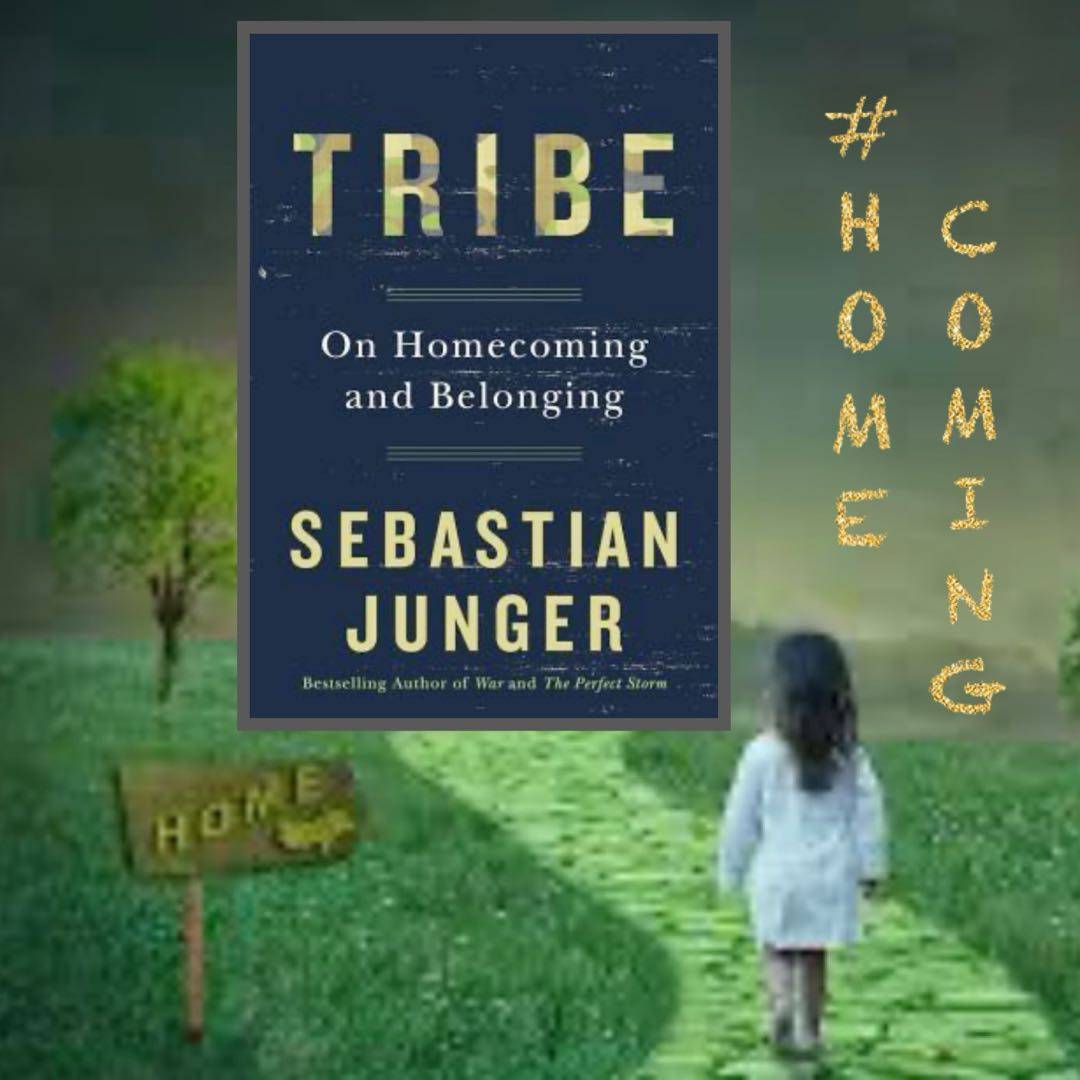
#SchoolSpirit
The subtitle of this book is “On #Homecoming and Belonging. This is one of my favorite quotes from it that I think a lot about in this divided world we live in:
"If you want to make a society work, then you don't keep underscoring the places where you're different-you underscore your shared humanity."

This is a fast and enjoyable read. The book is aiming to explain what modern societies have lost compared to tribal societies. More comfort and more resources are not enough for a human being to feel fulfilled. The most important human needs include among other a sense of belonging and a sense of achieving one's potential by striving for the greater good, which were met by tribes and almost not at all by the modern world.
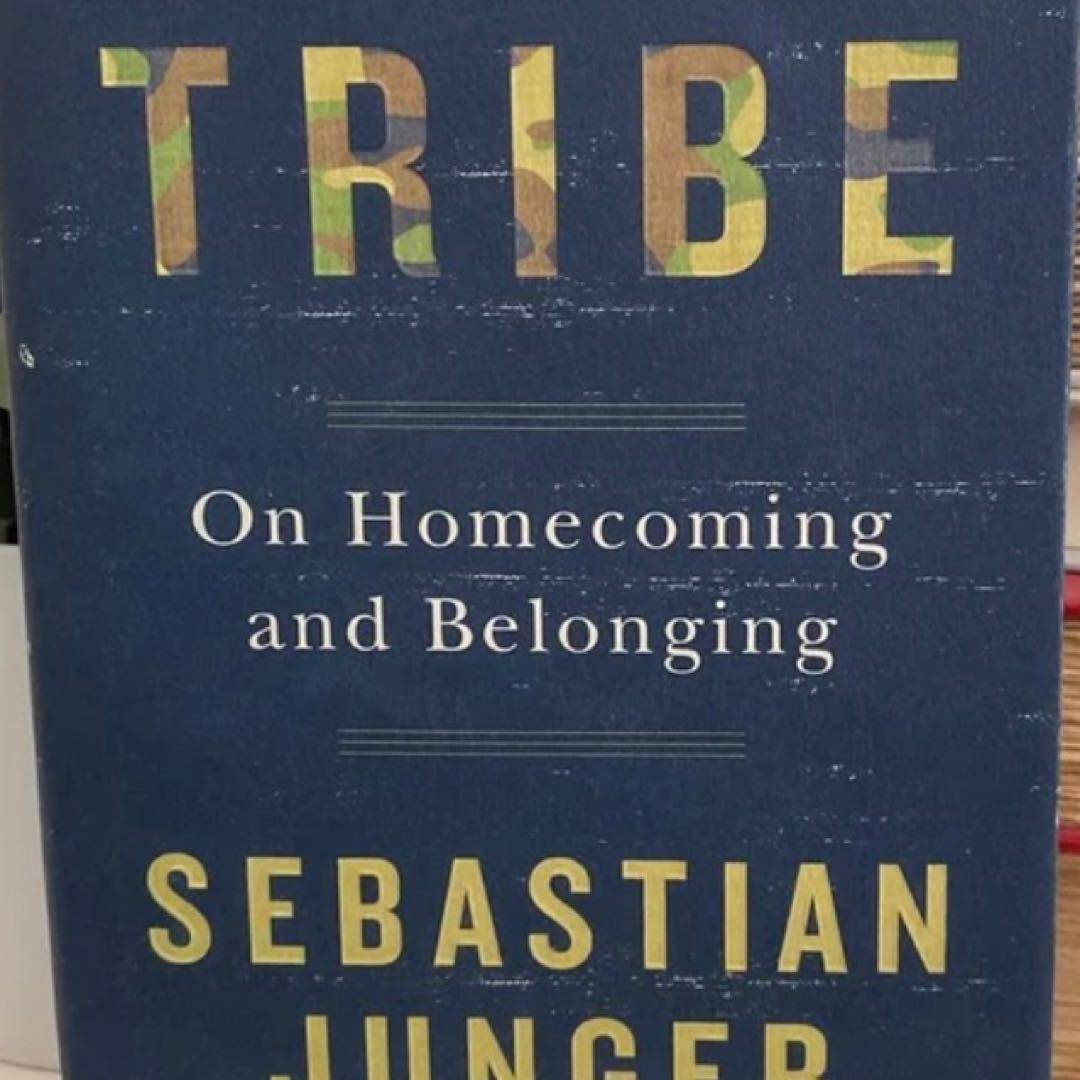
I‘m not sure if Junger is romanticising tribal societies when he argues that tribal cultures could be a solution to our modern world which lacks social support, is cold and technical. Individualised lifestyle is brutalising to humans whereas life in a close knit community offers unity, connection and a purpose. He uses examples from various catastrophes (war or major disasters) when humans create social bonds and help one another. Some of

There‘s a great review on the Guardian that sums up how I feel about this book. Junger makes some valid points about veterans, lack of community and PTSD but it felt like he was romanticising war and disaster. #nonfiction2023 (same love)
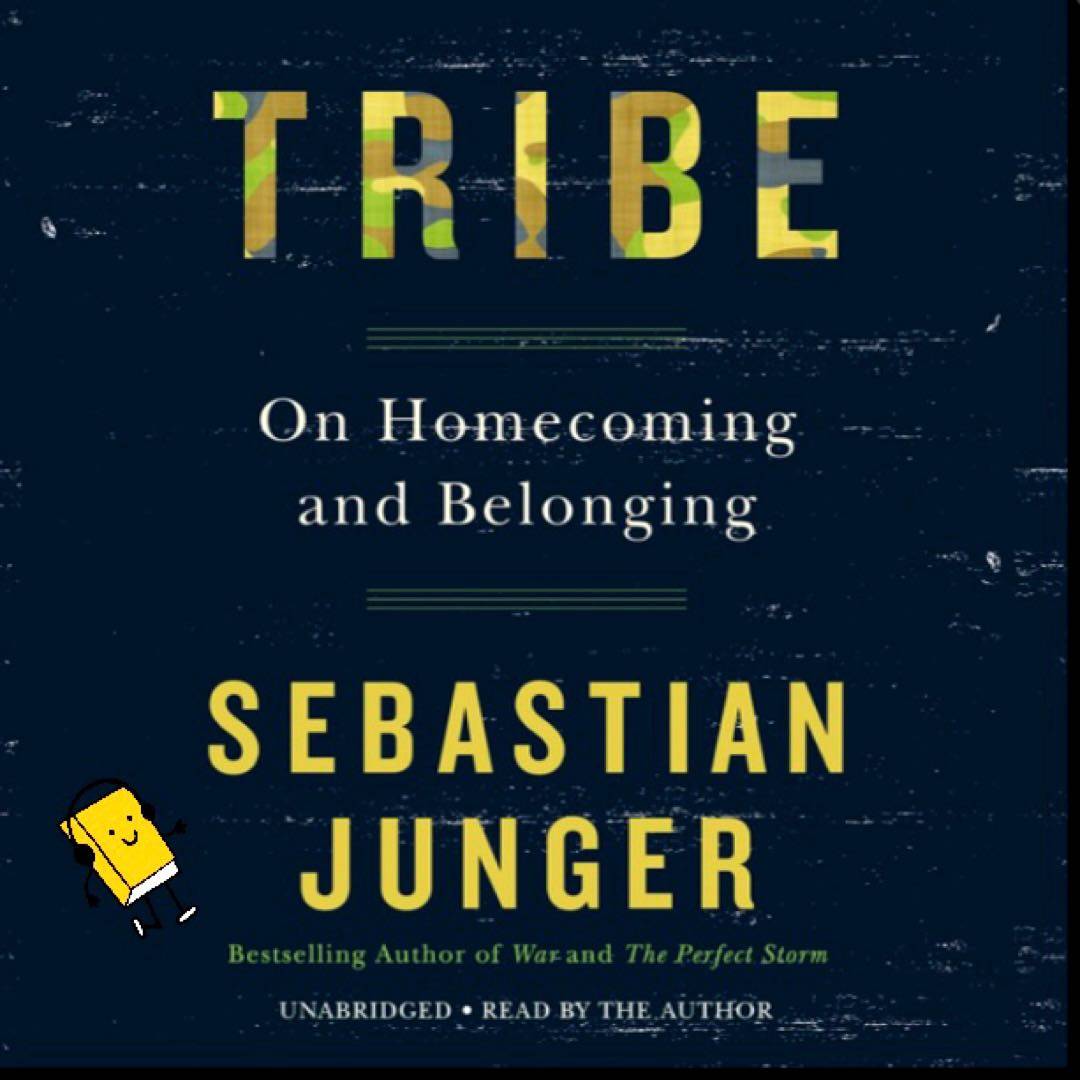
Junger has seen war up close. This book is less about tribal living and more about the essential nature of community to heal the brokenness caused by things like PTSD and political division.
“If you want to make a society work, then you don‘t keep underscoring the places where you are different—you underscore your shared humanity.”
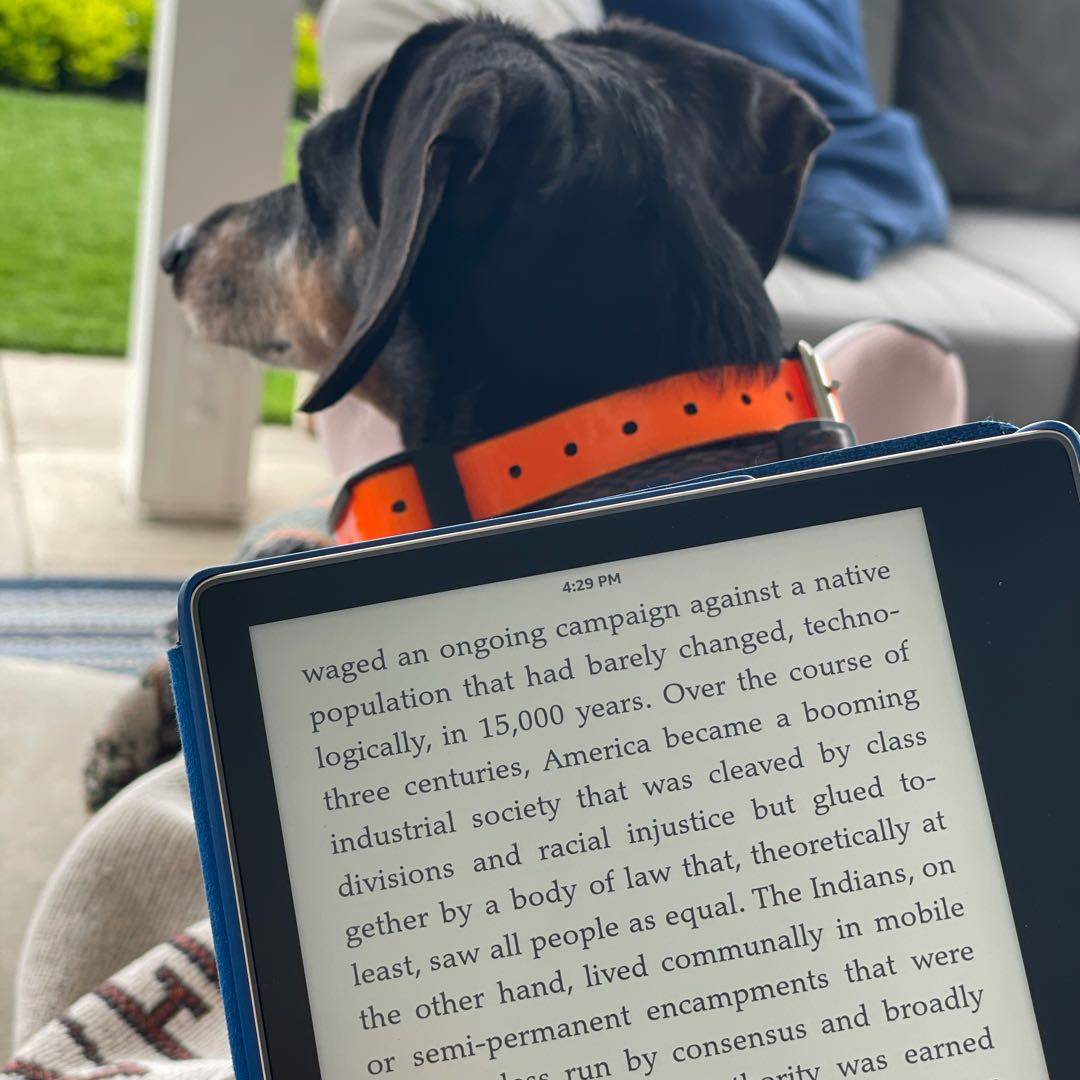
Cozy and settled in with the kindle and the doxie. Tis' a good evening. #readingwithramses
Junger examines the value of connections and the loss of them in modern Northern European society. He pulls together stories of returning soldiers across time, Europeans captives of Native Americans who chose to stay with them, and the value of shared crises. He makes the case that society should work to strengthen connections rather than weaken them (making survivors victims rather than heroes, lack of tight communities, & increasing isolation).
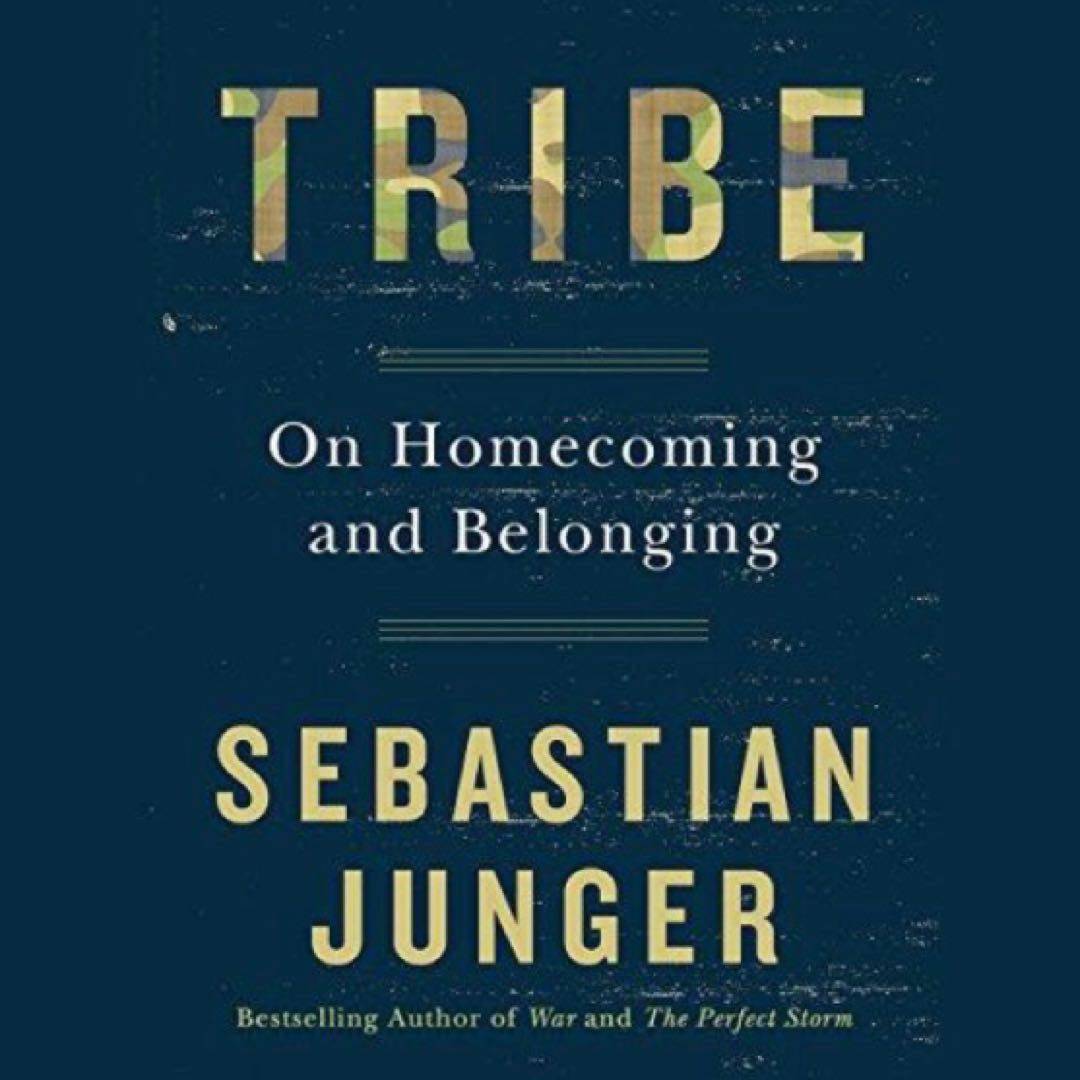
A short, sociological NF title about PTSD and the idea that the lack of community or true tribalism, as manifest by the lack of true support for victims, undermines any well-intentioned efforts to address the issue. No viable solutions are offered; but plenty to think about and discuss.
Audio narrated by the author — Competent; Neither stellar nor a deal-breaker 🎧
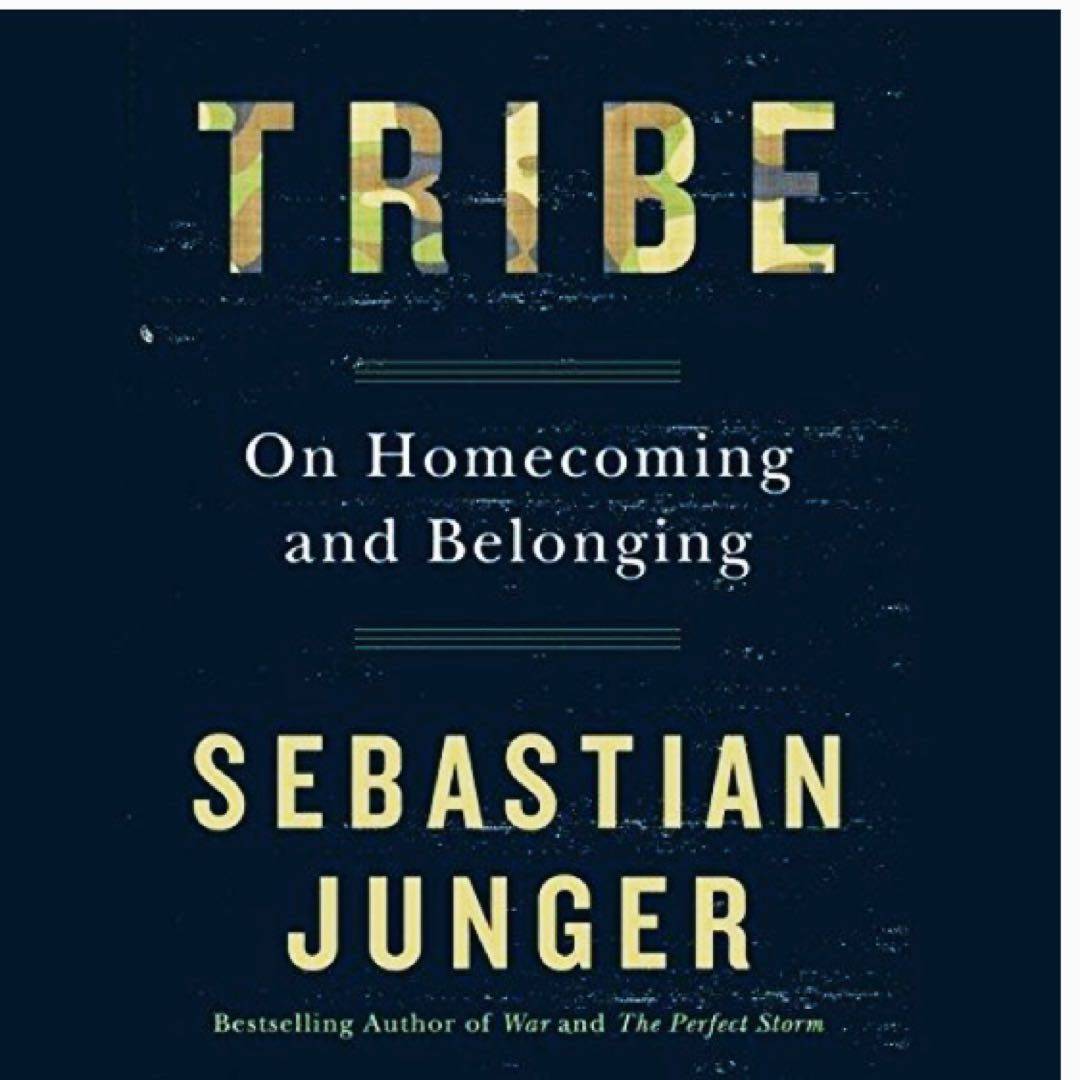
All the stars! Highly recommend this perspective on humans. Would love to discuss!!!! @monalyisha I just finished it this morning- if I can edit my list I would add this one! #tbrread #wintergames @wanderinglynn #teamfestivus
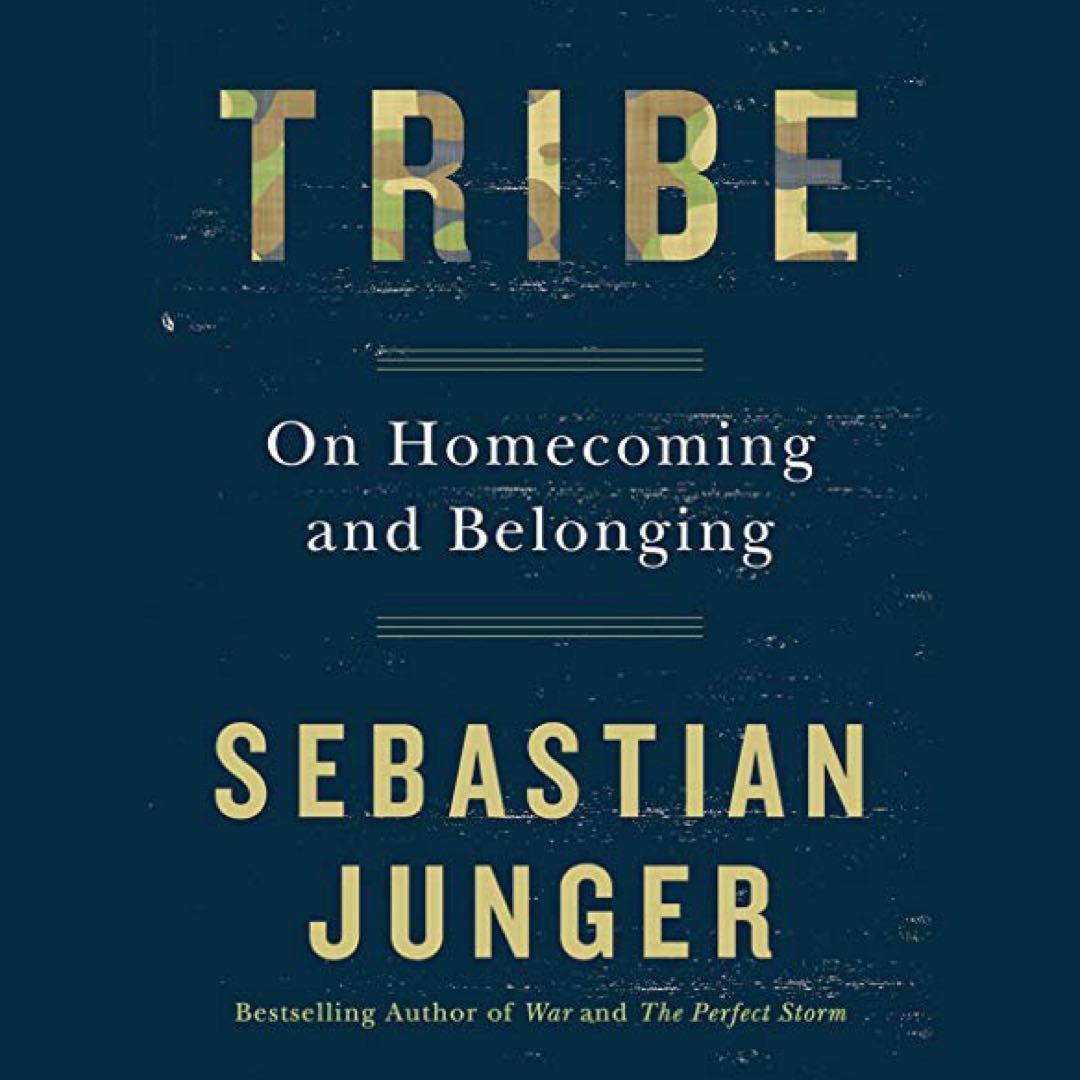
I don‘t remember the initial reason I was intrigued by this book or why it was added to my TBR, it probably has something to do with Junger being the author of “The Perfect Storm”, which is & always has been in my top five favorite movies.
This is one of those reads that was quick and engaging, but honestly a bit over my head. It made some brilliant truthful points, but I‘ll need to sit with the information shared within its pages for a while.
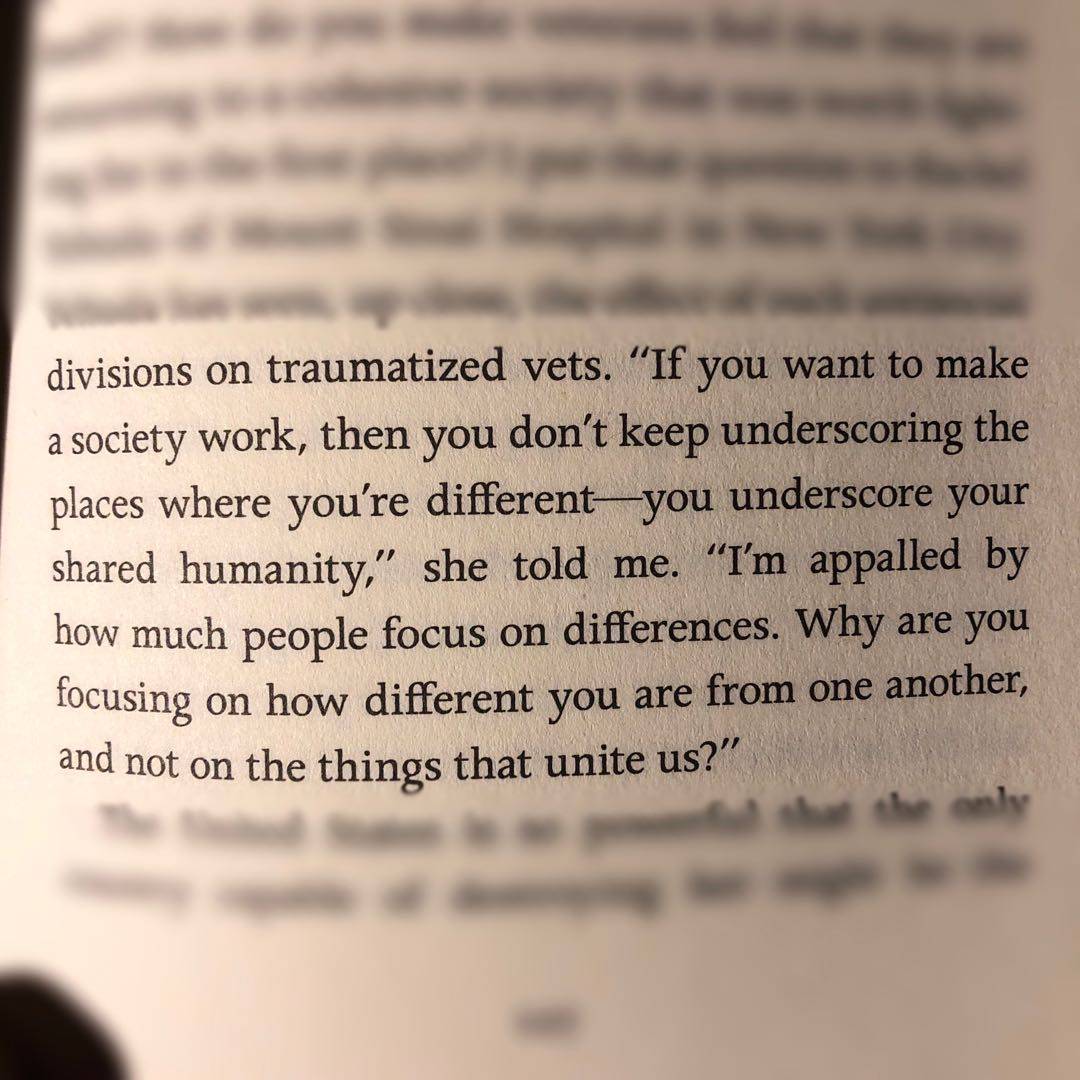
Can I get an amen?
👂🏻👀‼️💥 ‼️💥‼️ 💥 👀👂🏻
When you throw trash on the ground, you apparently don‘t see yourself as truly belonging to the world that you‘re walking around in.
“We are not good to each other. Our tribalism is to an extremely narrow group of people: our children, our spouse, maybe our parents. Our society is alienating, technical, cold, and mystifying. Our fundamental desire, as human beings, is to be close others, and our society does not allow for that.”
~Sharon Abramowitz~
The human concern for others would seem to be the one story that, adequately told, no person can fully bear to hear.
It is a loss because having to face that question has, for tens of millennia, been one of the ways that we have defined ourselves as people. And it is a blessing because life has gotten far less difficult and traumatic than it was for most people even a century ago.
What would you risk dying for—and for whom—is perhaps the most profound question a person can ask themselves. The vast majority of people in modern society are able to pass their whole lives without ever having to answer that question, which is both an enormous blessing and significant loss.
The beauty and the tragedy of the modern world is that it eliminates many situations that require people to demonstrate a commitment to the collective good.
As affluence and urbanization rise in a society, rates of depression and suicide tend to go up rather than down. Rather than buffering people from clinical depression, increased wealth in a society seems to foster it.
Humans don‘t mind hardship, in fact they thrive on it; what they mind is not feeling necessary. Modern society has perfected the art of making people not feel necessary.
It‘s time for that to end.
The word "tribe" is far harder to define, but a start might be the people you compelled to share the last of your food with.
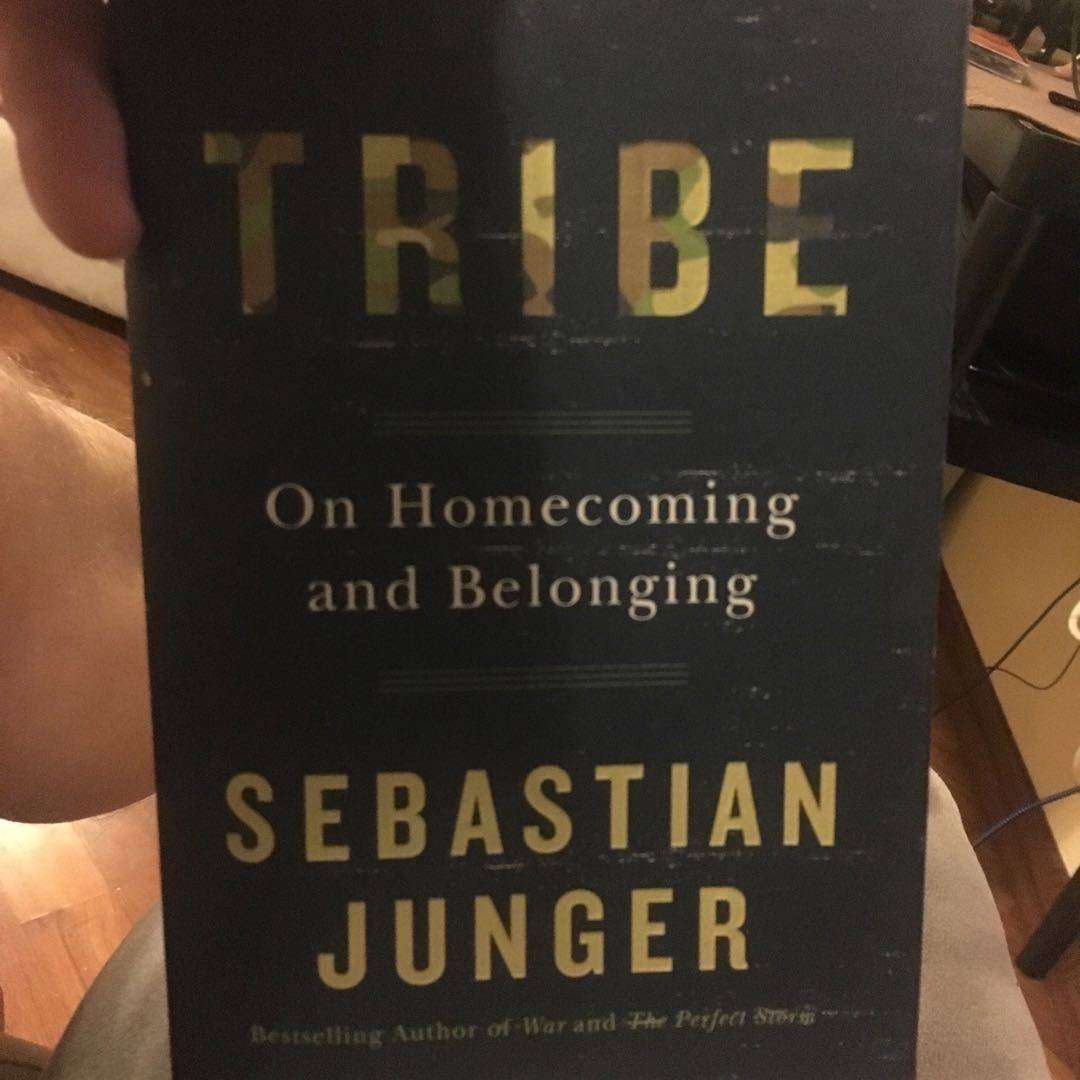
The public is often accused of being disconnected from its military, but frankly it‘s disconnected from just about everything.
Fantastic book. Regularly recommend this book to others. Connecting, growth and purpose.
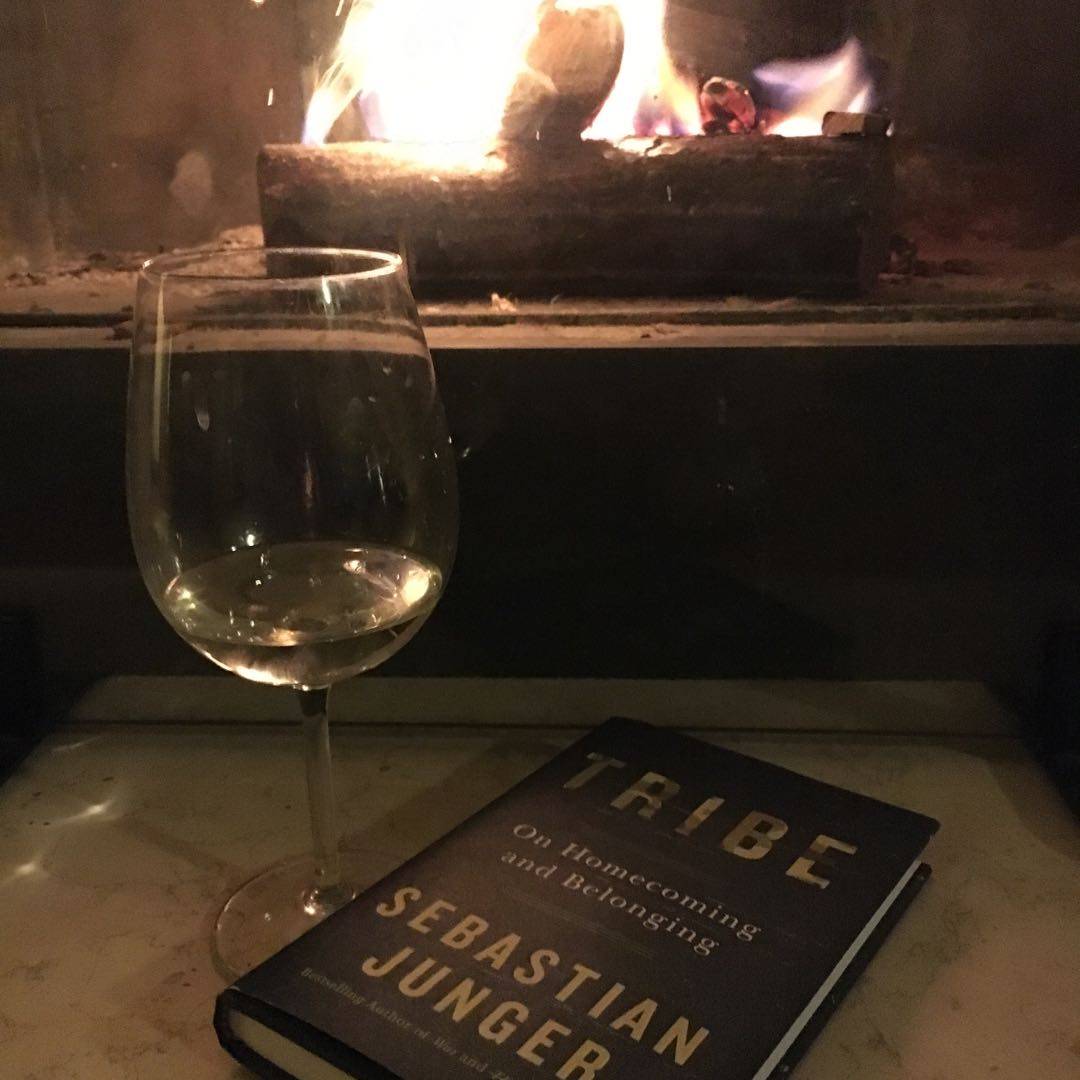
Just started it...I love reading about the Indian tribes and the intimate bonds that are formed in closed-knit societies. The modern equivalent of going to war.
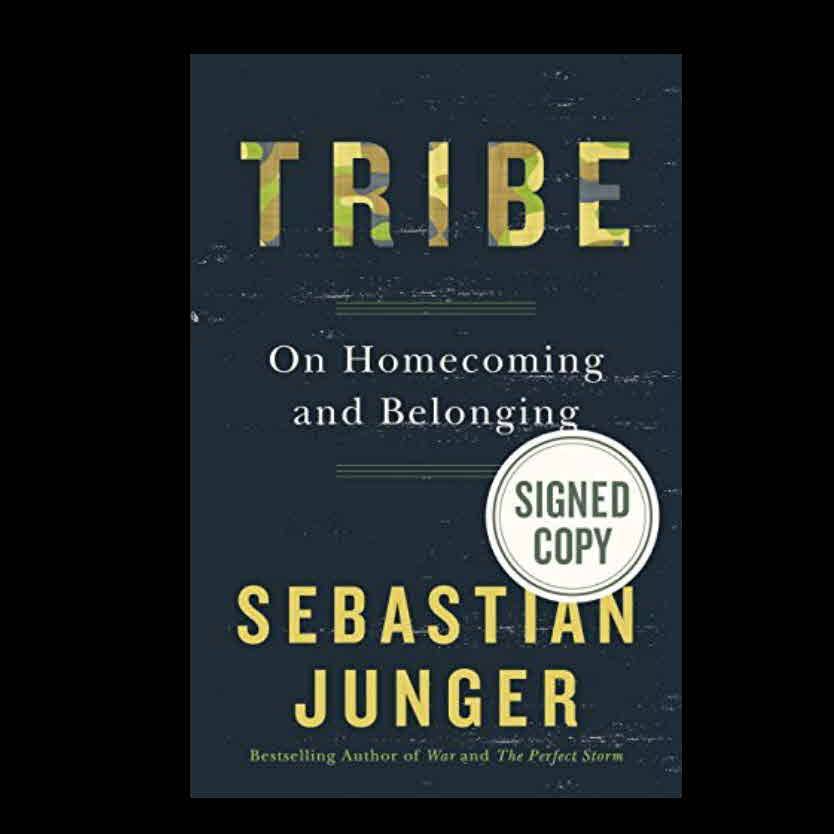
For me, this was good but was seemed to be about two different topics without much cohesion.
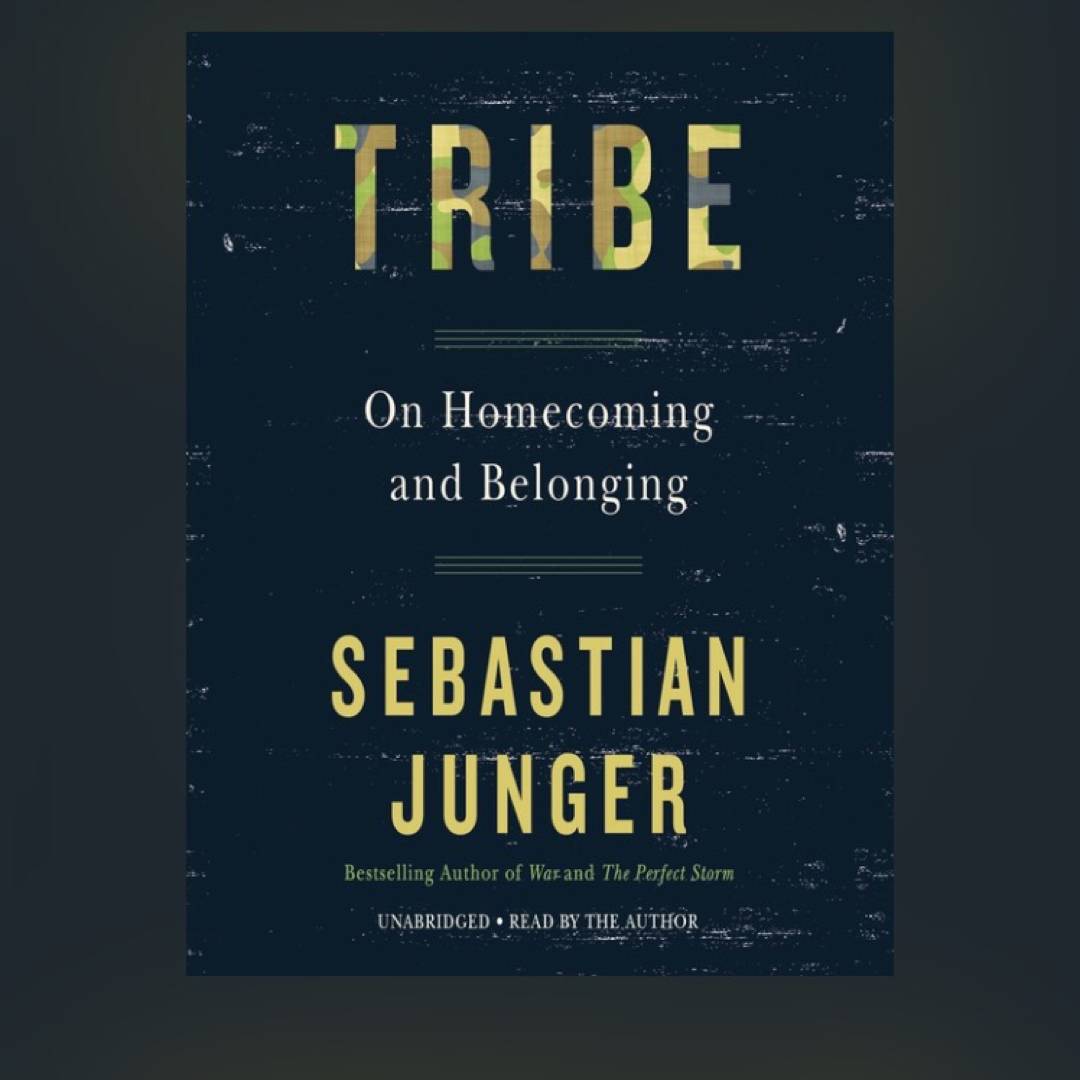
So, this had been recommended to me by two separate folks a few months back. TBH, I can‘t remember the context for either recommendation and, for the life of me, I can‘t figure it out. It was interesting for what it is, but the parts didn‘t really coalesce IMO. The first section was by far the most interesting to me. The others dealt with war and veterans, primarily.
I enjoyed this audiobook and the author‘s premise that we are a society tearing itself apart from the inside because we don‘t act like a unified tribe...like a real community that soldiers-now-veterans had (when they were in war) and like traditional native and indigenous communities have. And the result is our violence and national PTSD. Without community and compassion to see our common humanity and struggle, we are all just dead inside.
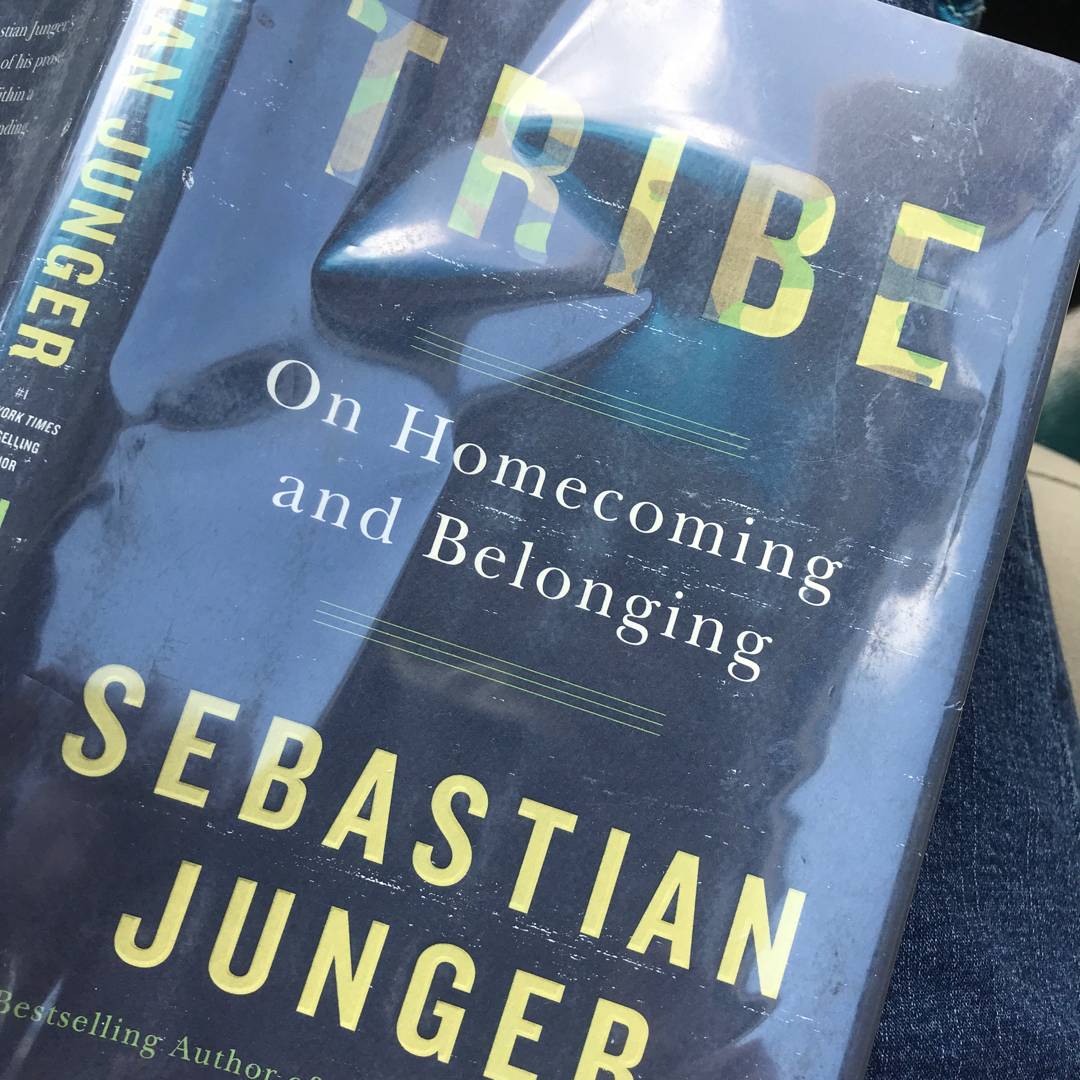
I need a sense of community in this tumultuous age. Thank you, Litsy friends, for providing a place online where I really feel happy and always find kindness! 😊❤️✌️✌️✌️
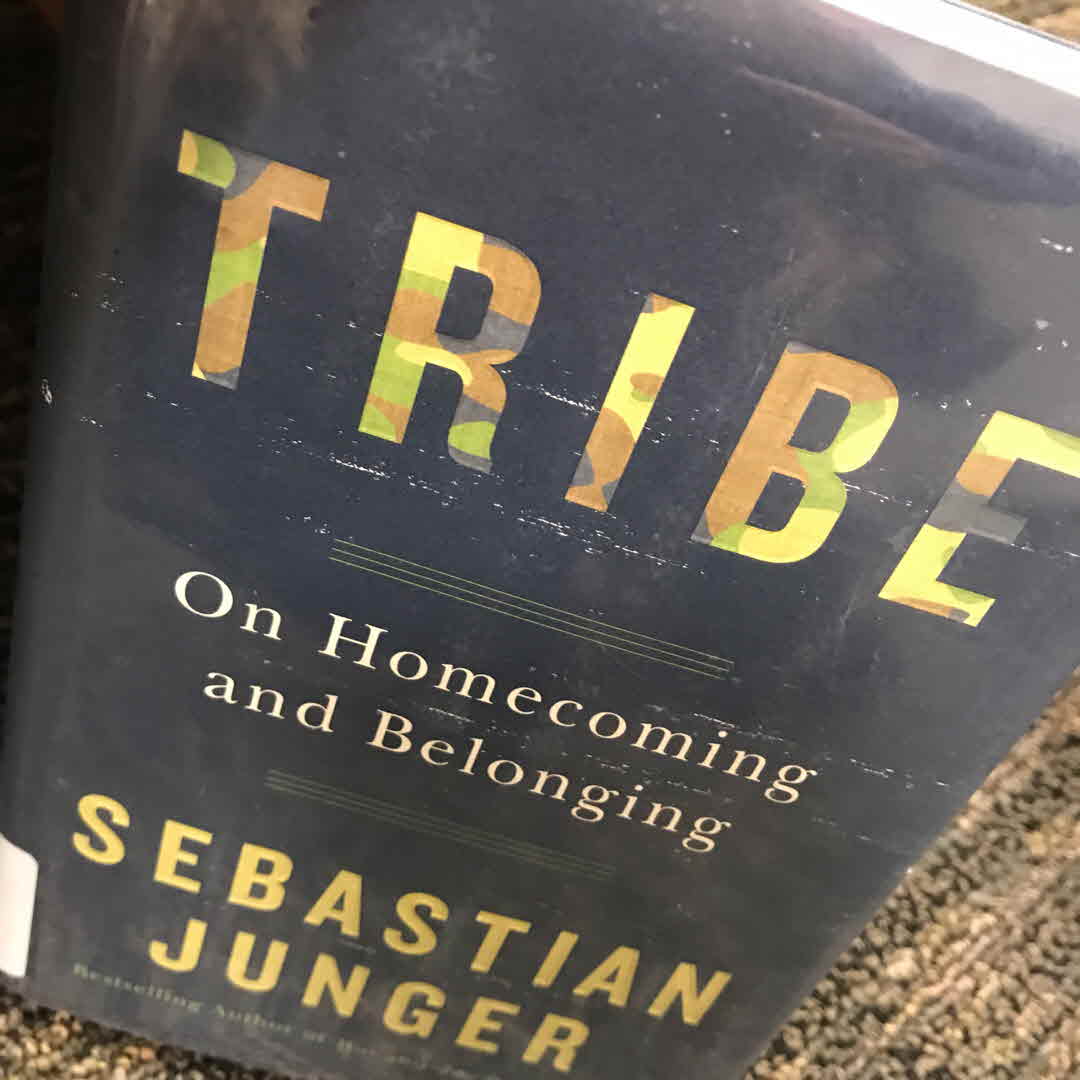
Looking forward to this book‘s combination of standard approaches to was and war literature and American Indian approaches to war and war literature, which was the subject of my master‘s thesis.
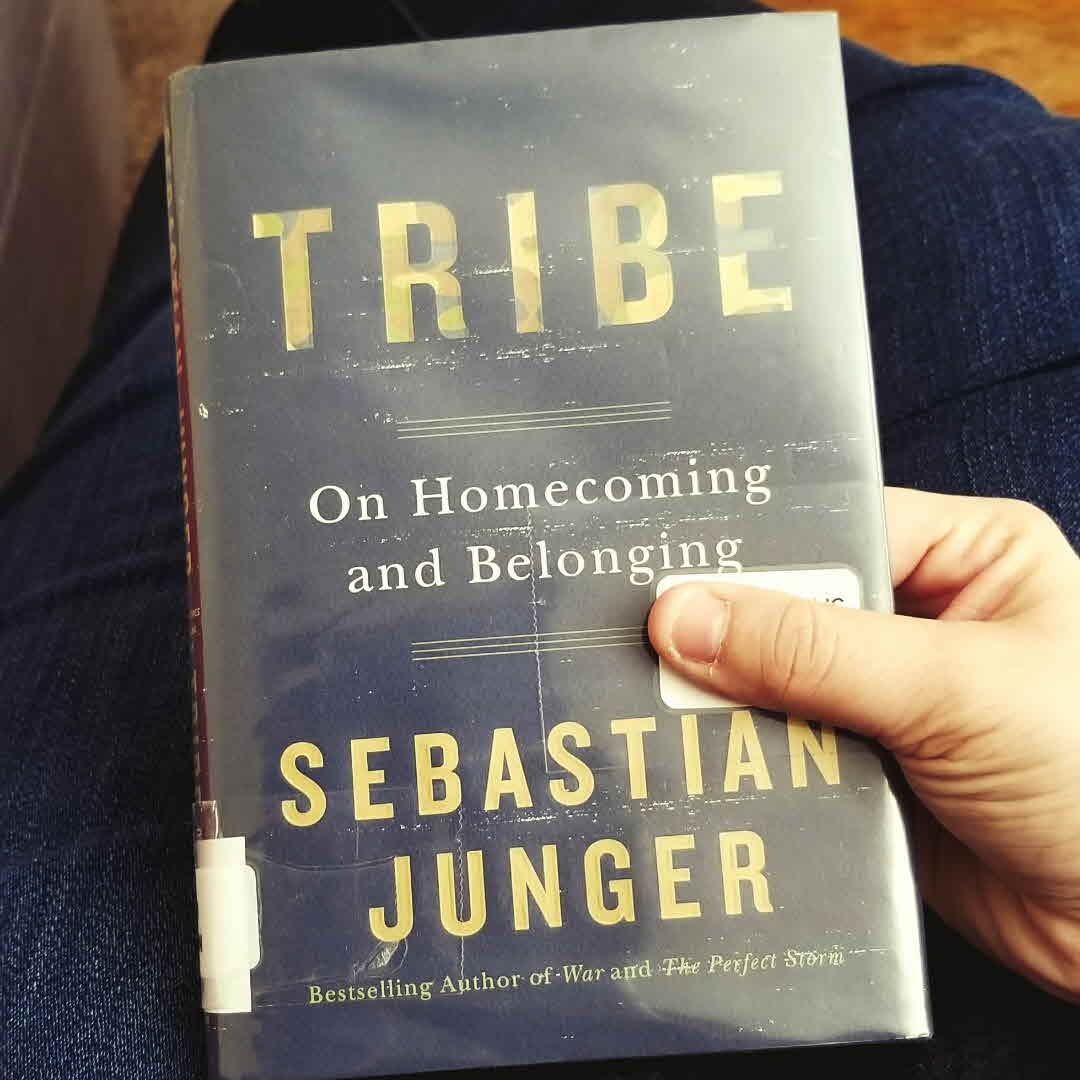
Short and lots of food for thought. I don't personally know much about PTSD, but I think Junger made good enough points that are at least worth considering and exploring further, in how we treat our veterans and fellow citizens.
#nonfiction #ReadHarder #socialscience #mentalhealth #anthropology #war
Tribe: On Homecoming and Belonging was my absolute favorite read of 2017. I tend to enjoy #nonfiction more and this book as about as real as gets. #Junger is a great writer and really pulls you in to the book right away. If anyone else has read this and has any #recommendations for what to read next it would be greatly appreciated.
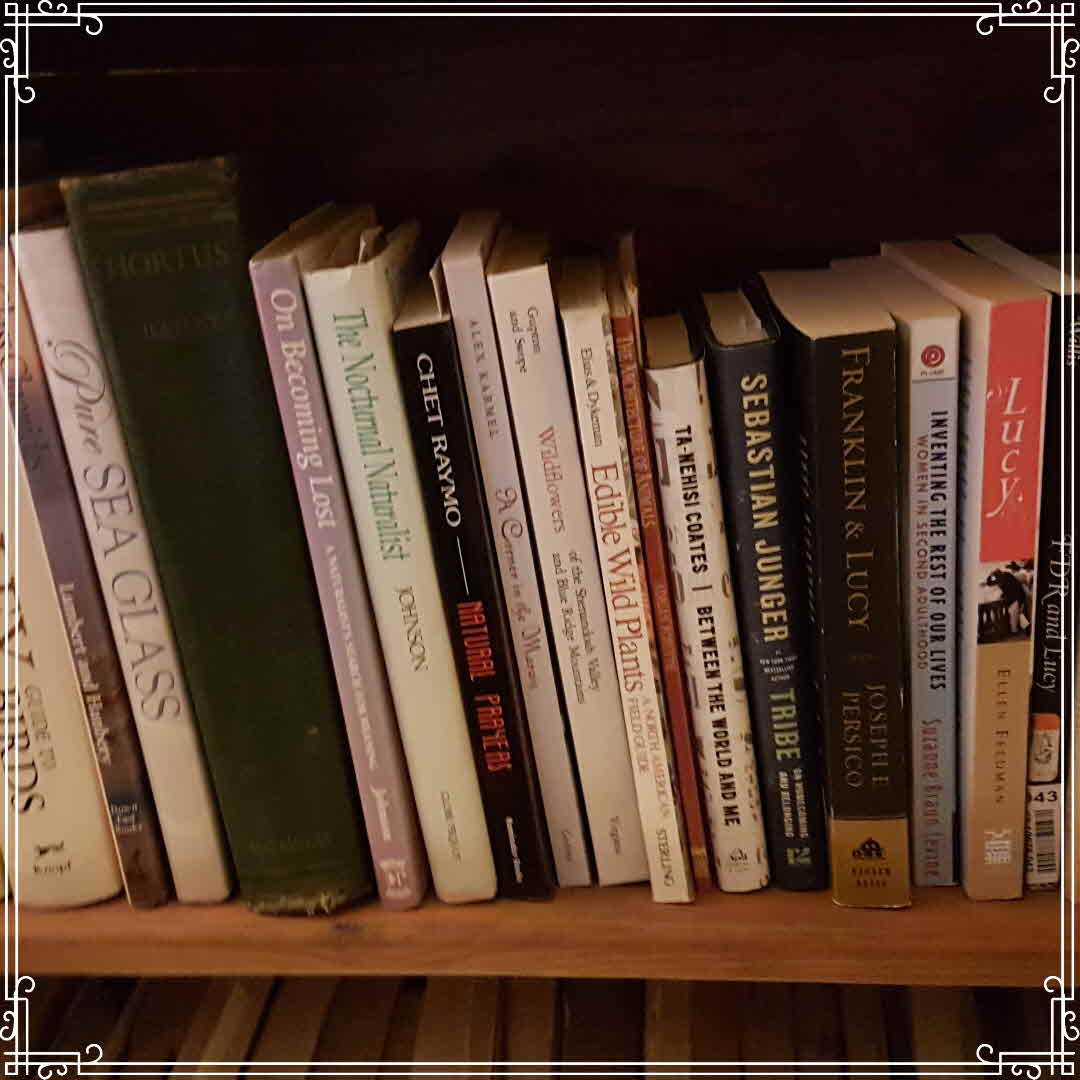
A #shelfie on this eve before Thanksgiving. I'm #thankful to be at my sister-in-law's house for the holiday. Here's a shot from her #bookshelves
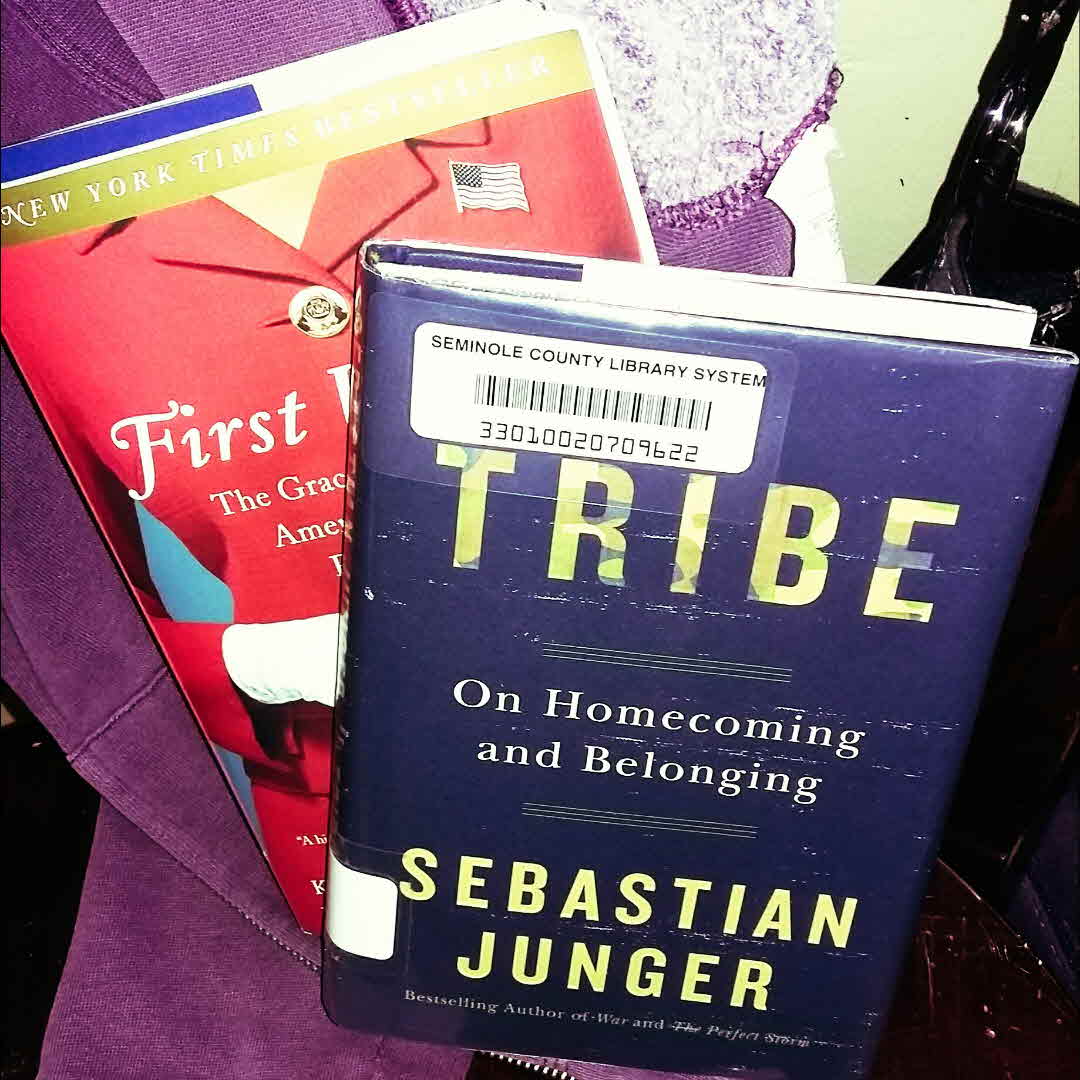
I'm on a non-fiction kick after devouring so many thriller/fiction last month. Just finished Tribe and immediately started First Women. A couple biographies are next up.
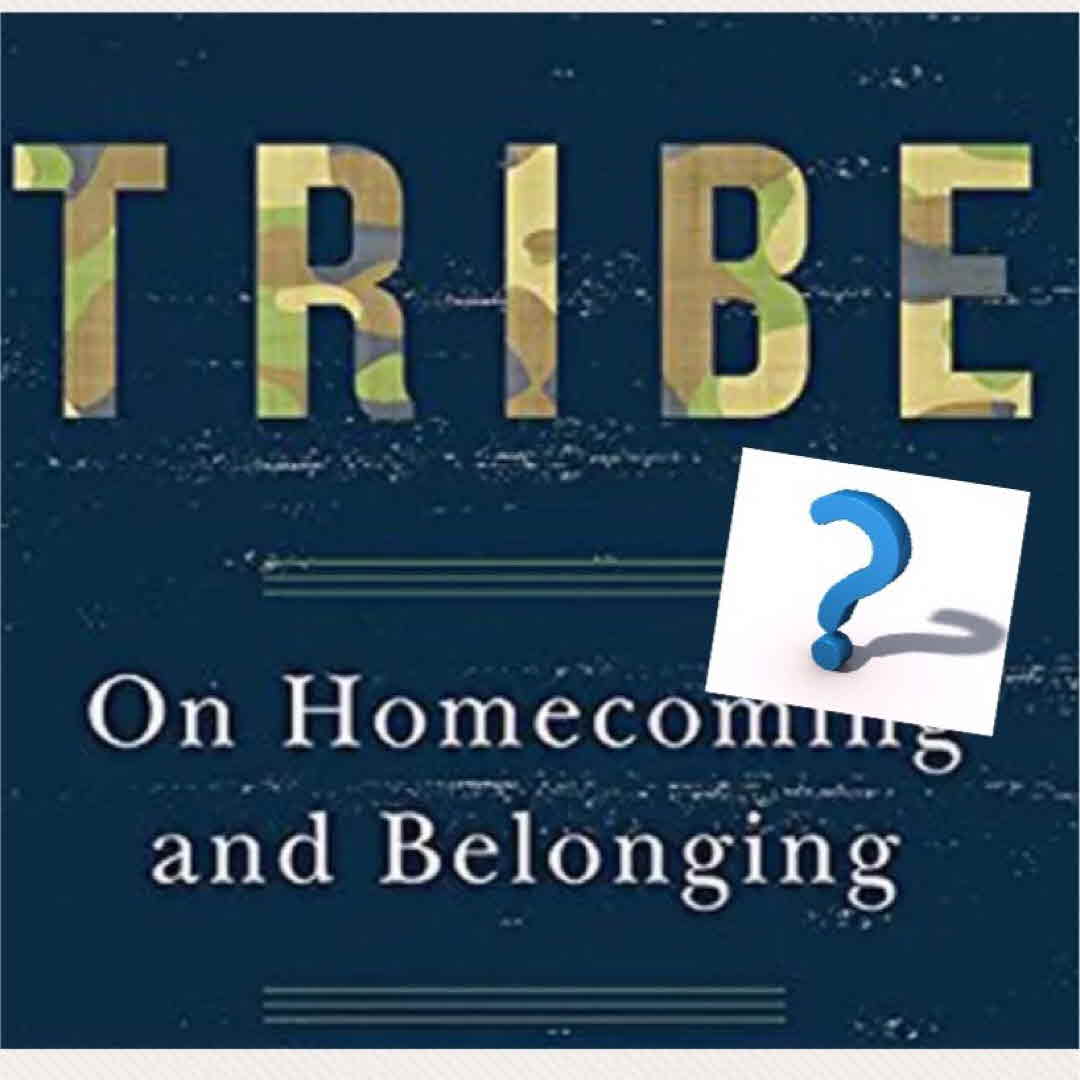
An interesting read. Not sure I fully agree with his ideas about PTSD. But it made me think, and that is always a good thing.
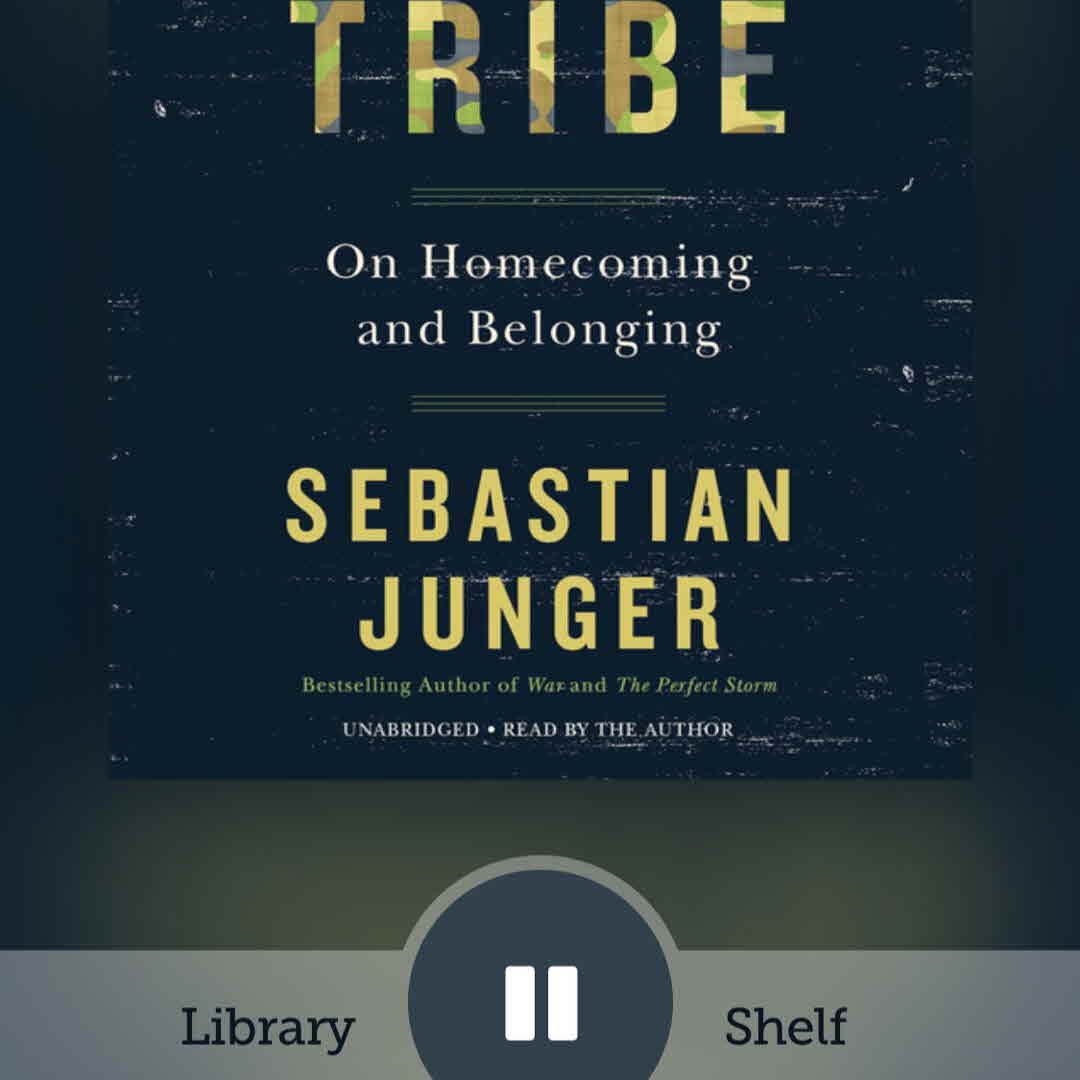
Interesting take on PTSD and community involvement. He relied heavily on statistics from varied sources, which I appreciate. Also, the chapters about how wealth and happiness actually have a negative correlation were really eye opening. I recommend this a short, factual read.
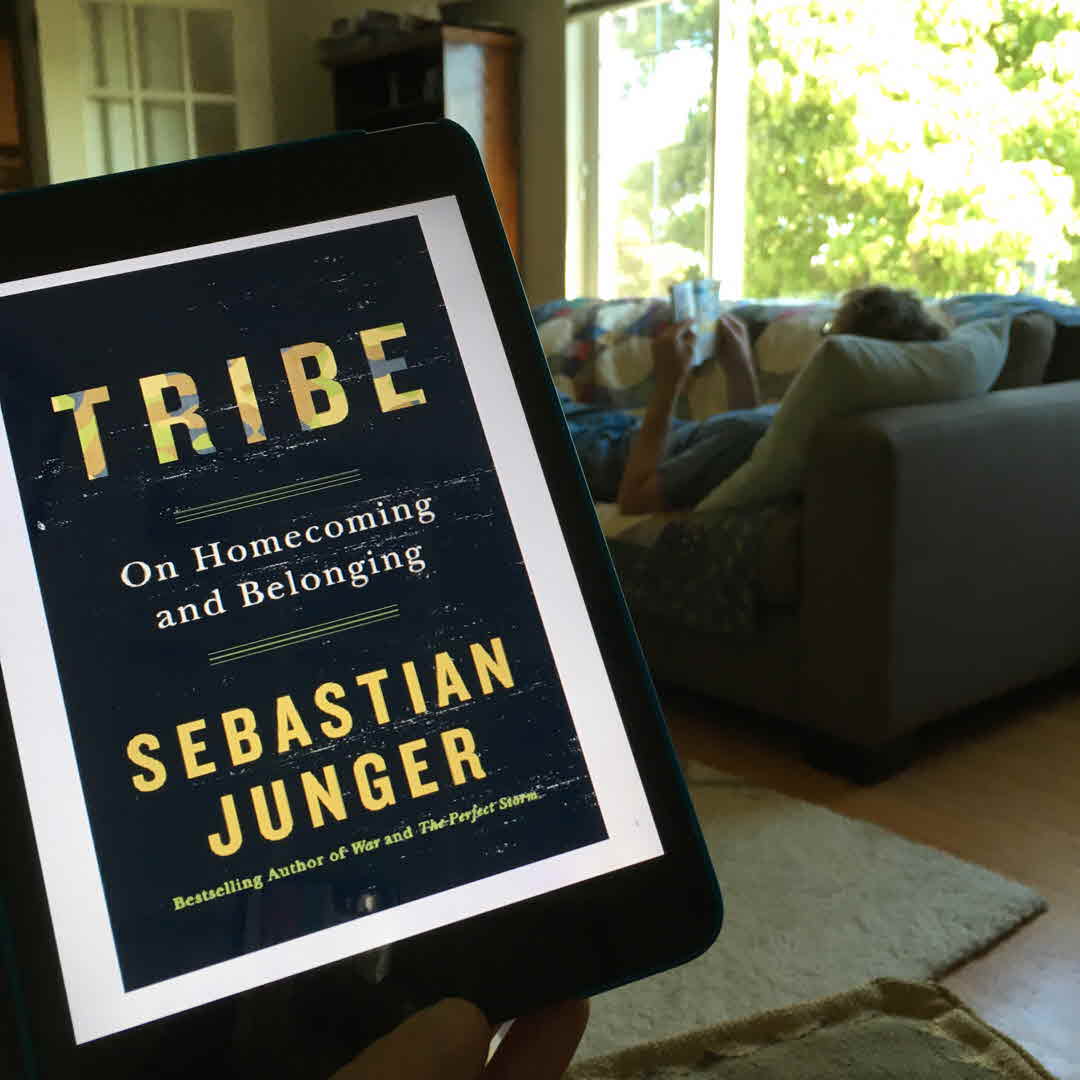
DNF. Very grand theory woven from anecdotal evidence. Not a lot of attention to alternate explanations.
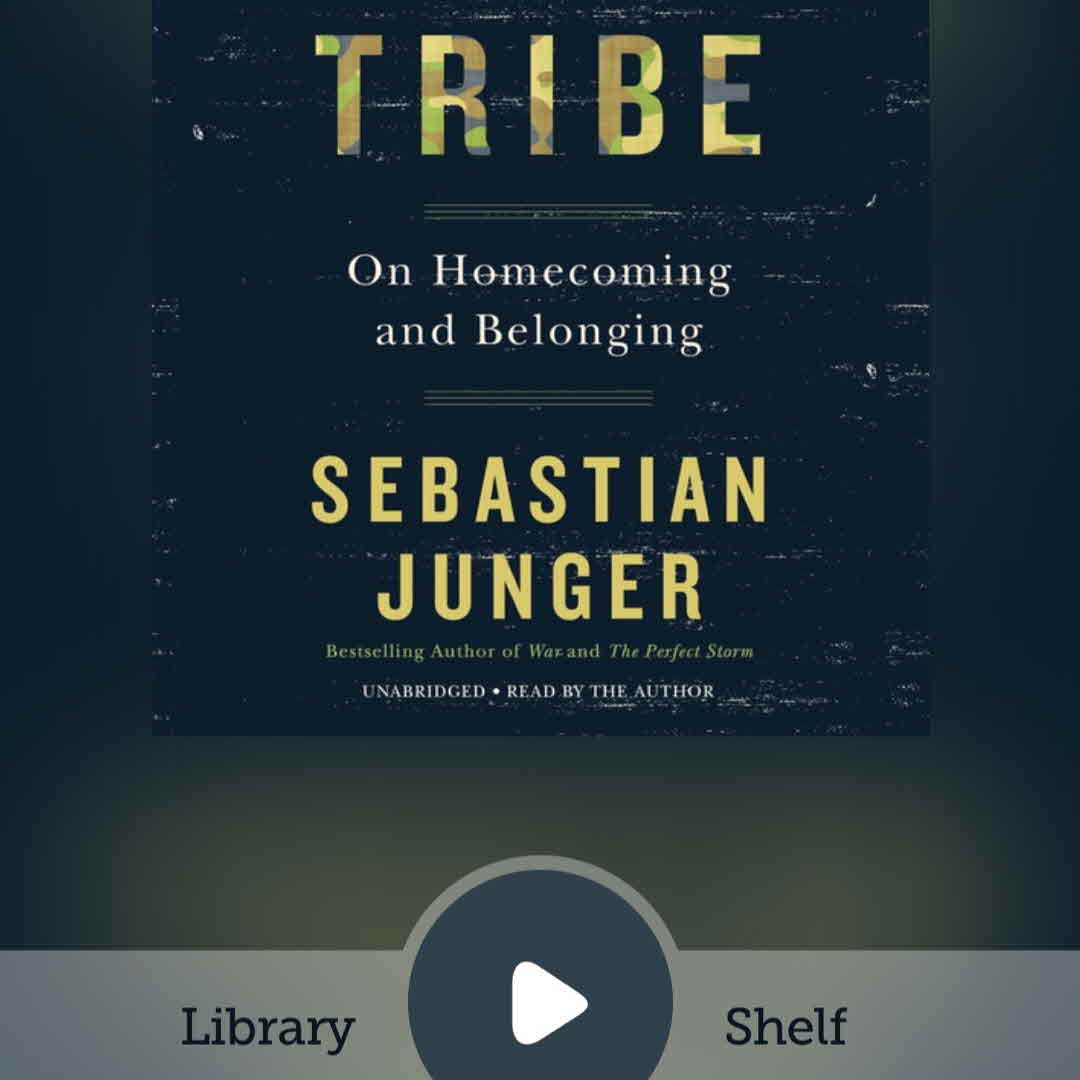
Switching up with a new audiobook for #24in48. It will apparently delve into PTSD in soldier returning from war zones, however, his insights on mental illness and material wealth are really interesting and truly eye-opening this far. #PTSD #Suicide #moneydoesntequalhappiness
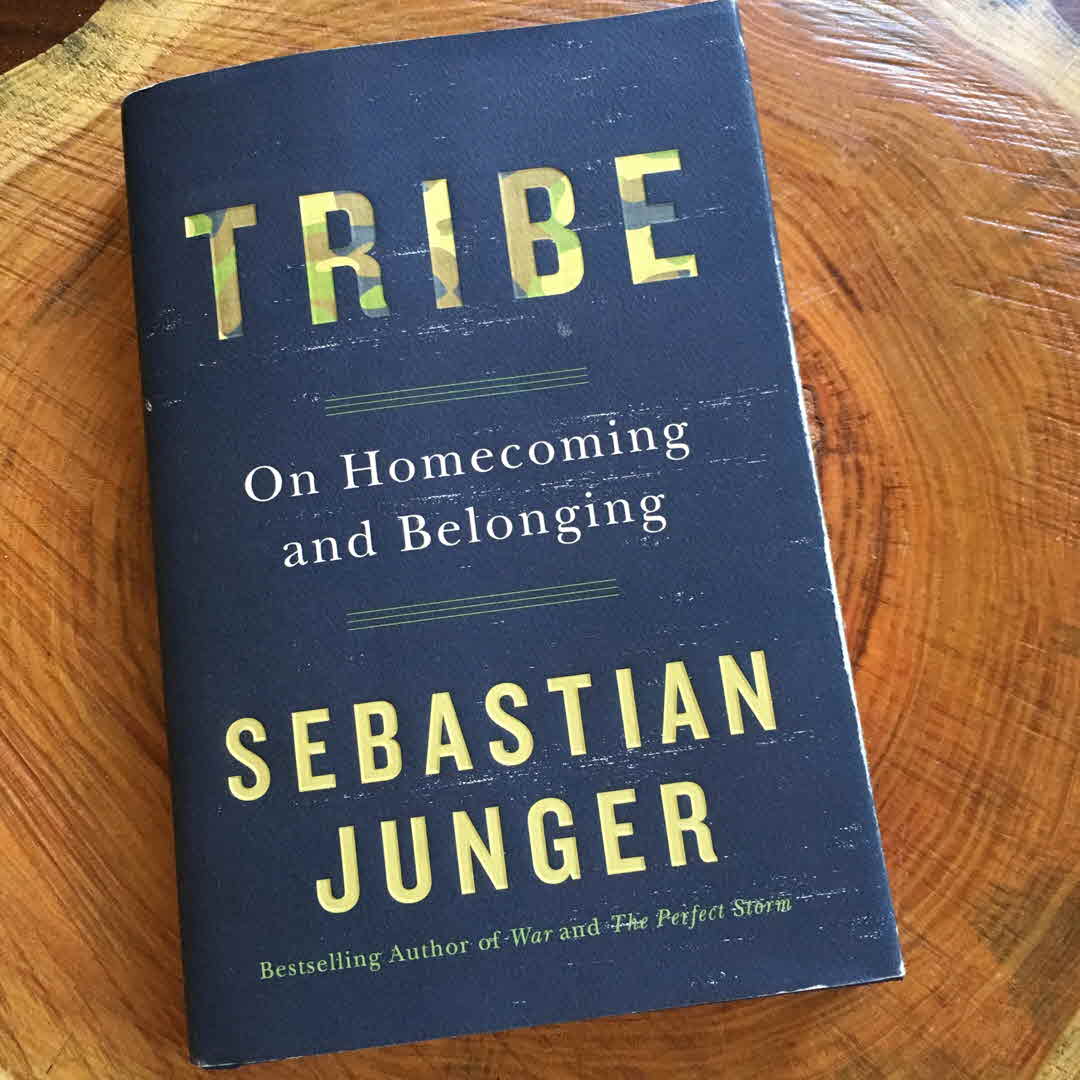
...studies have shown that in the general population, at most 20% of ppl who have been traumatized get long-term PTSD. Rather than being better prepared for extraordinary danger, these ppl become poorly adjusted to everyday life. Rape is one of the most psychologically devastating things that can happen to a person, for example-far more traumatizing than most military deployments-...(not in any way downplaying military PTSD)
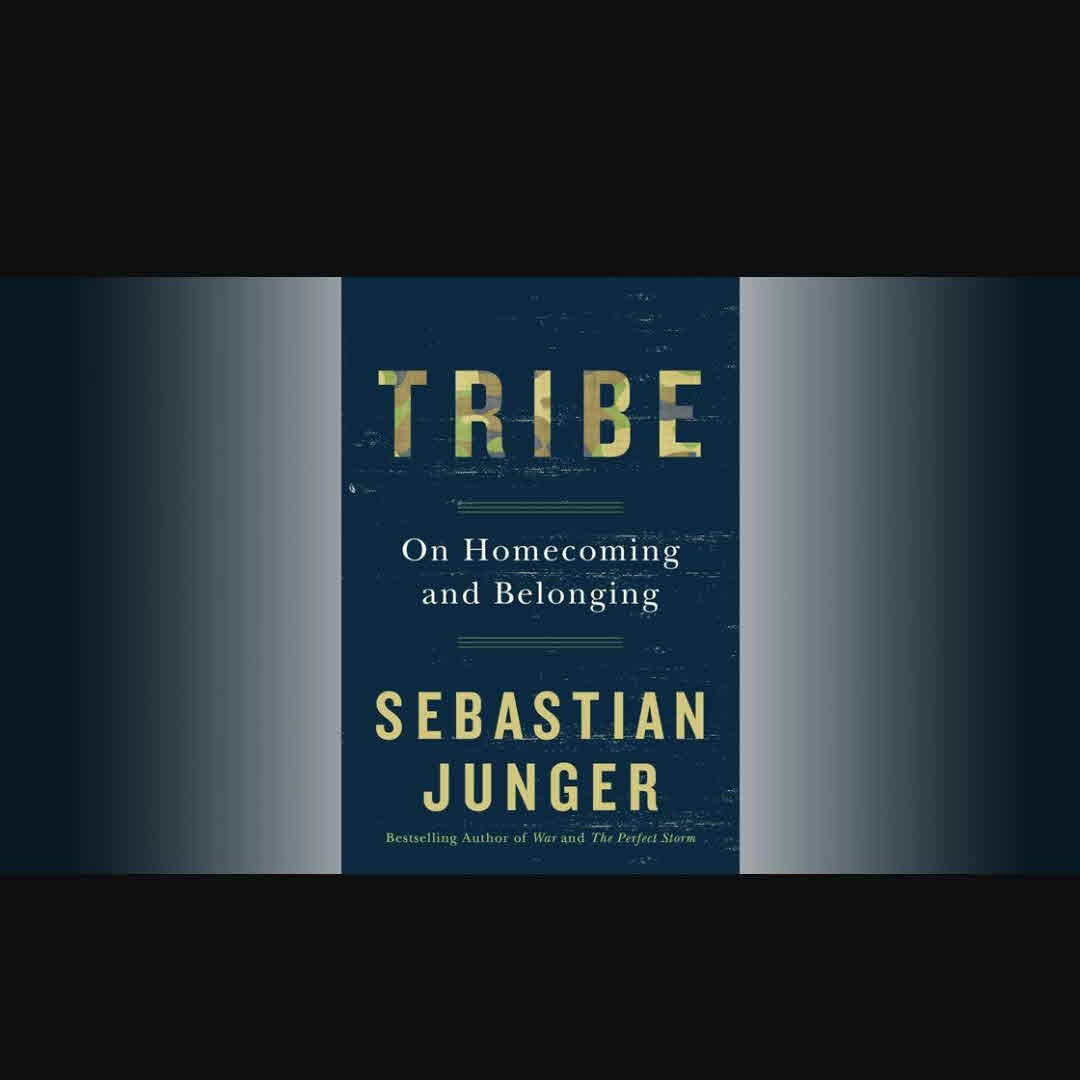
I was really disappointed in this. I'm pretty sure being a therapist played a role why I disagreed with the author quite a bit when he talked about PTSD.
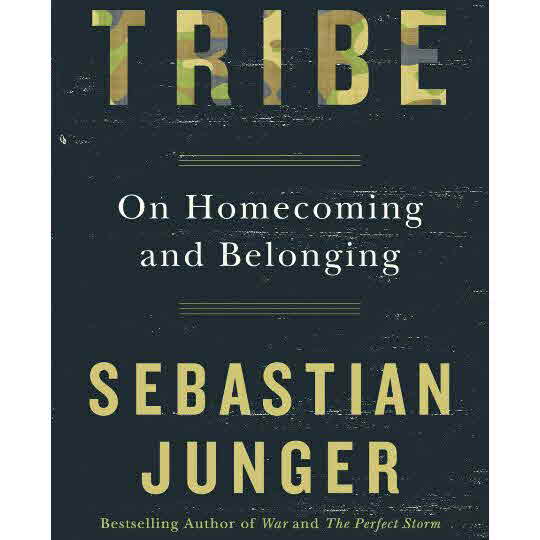
Amazingly insightful doesn't even begin to describe this book. Sebastian Junger looks at different societies and ties the necessities of tribal behavior to the health of a society. I've spent the last few years watching America tear itself apart, and this book offered a logical explanation for that phenomenon. I highly recommend Tribe: On Homecoming and Belonging for anyone wondering where modern society went off course.
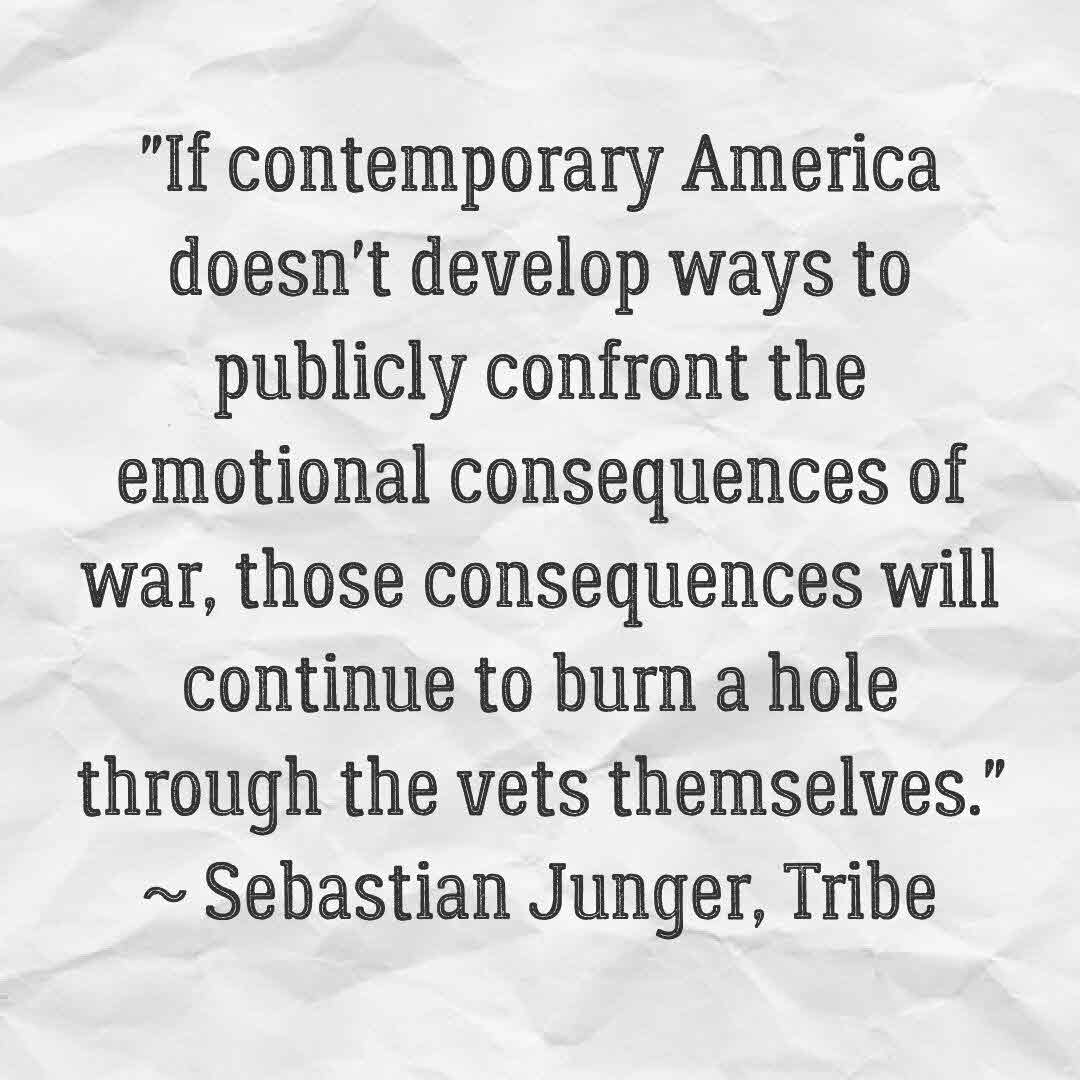
How true is this statement? Strong emotions (such as those experienced by combat vets) not dealt with can quickly become a destructive force.
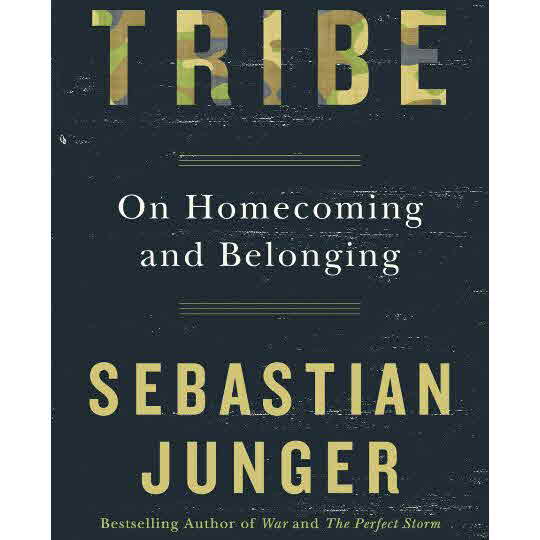
My current reading material. Sebastian Junger is an excellent author whose conversational style brings nonfiction to life.
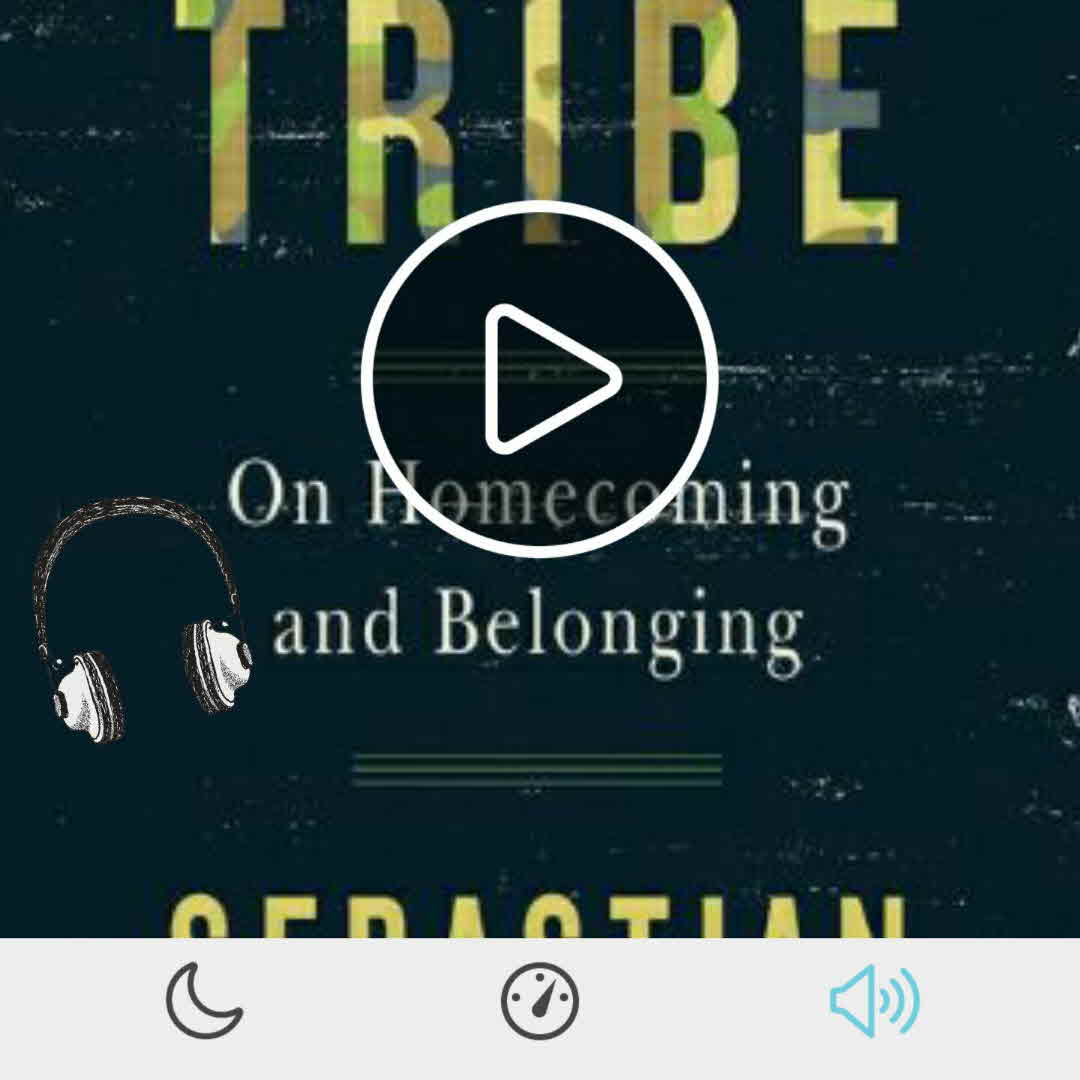
I loved this concise discussion of feeling connected to a community. Some anthropology and primatology mixed in, along with the author's personal experiences with war. A quick listen.
Listened to this on audio. Super fascinating read/listen. Focused a lot on PTSD but still informative about culture and life in general.
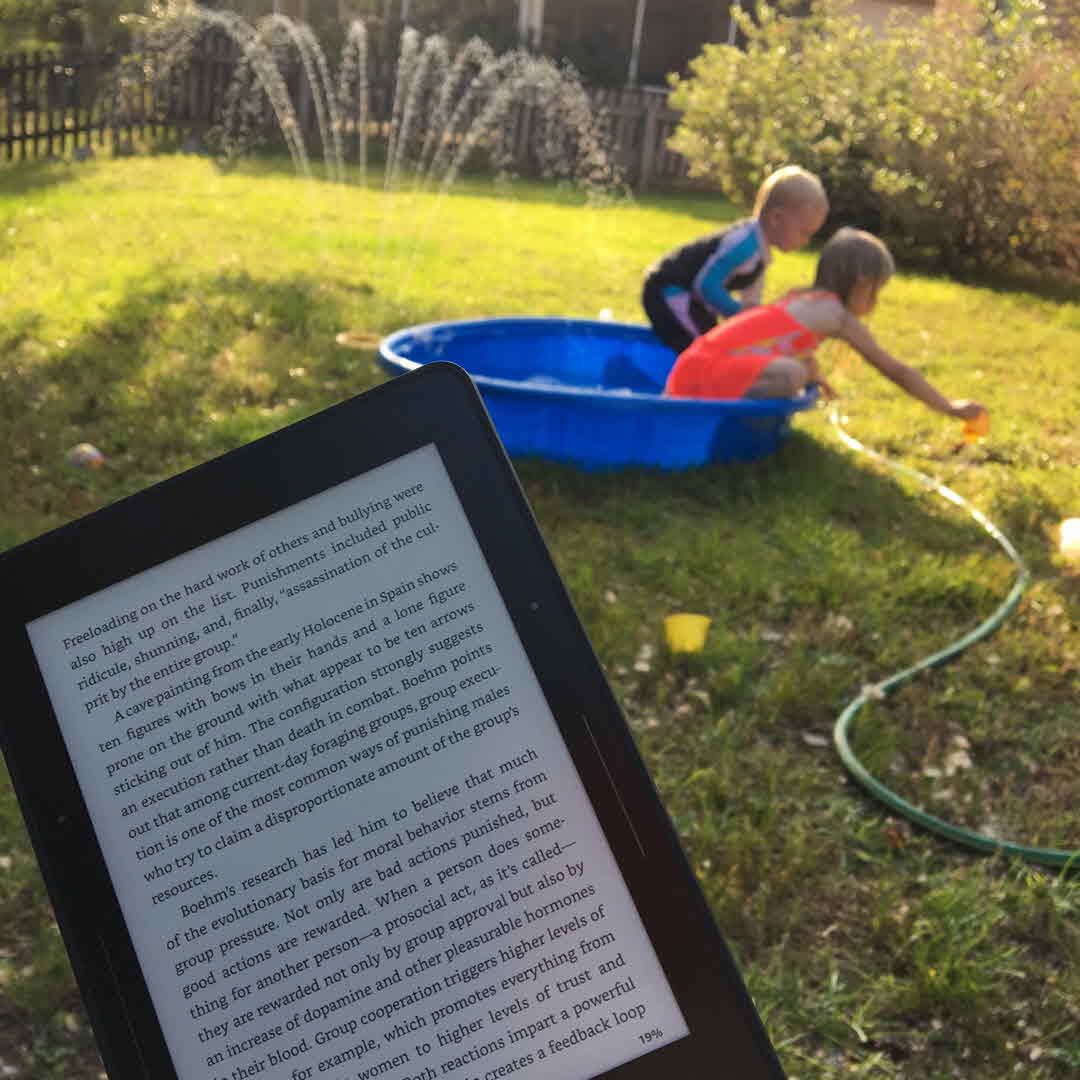
Pretty much my idea of a perfect evening. #amreading #readingwhileparenting
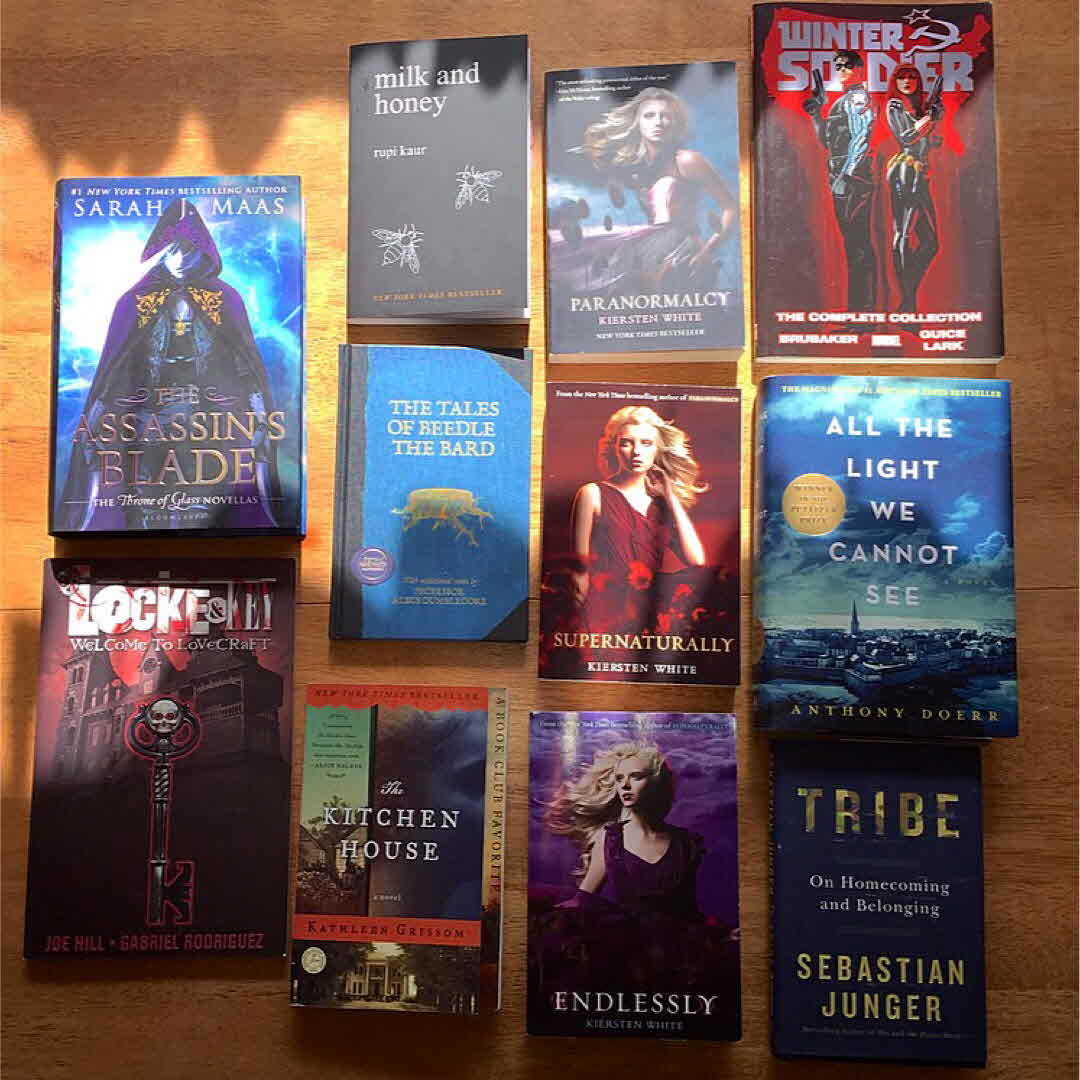
My reading for this month. I'm not a super fast reader, so this was good for me. Even though many of these were quick reads. My three favorites were; #TheKitchenHouse ❤️ #AllThrLightWeCanNotSee ❤️ #MilkAndHoney ❤️ Considering that it was a short (but very stressful) month, I don't think I did too bad at all! 😊 #February #ReadingStats #favorites